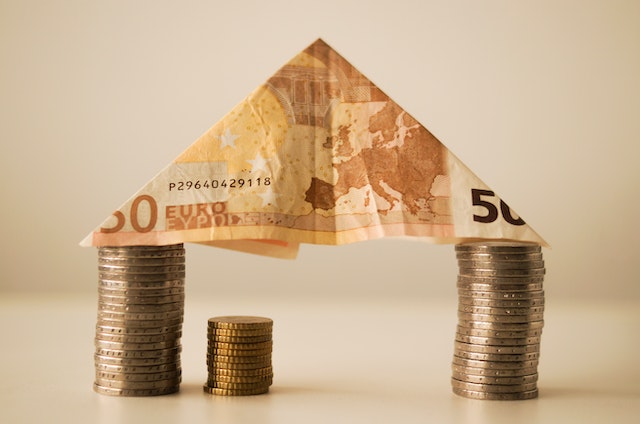Marketing is a constantly changing environment; it needs to keep up with the needs of the consumer. Trying to draw attention and awareness is a constant battle and marketing specialists are coming up with new and inventive ways to achieve this. As traditional marketing is still a valuable tool, experiential marketing is becoming a more common technique when promoting brand awareness.
What is experiential Marketing?
Similar to field marketing, experiential allows the consumer to fully experience the brand. The goal is to form a memorable and emotional connection between the brand and consumer. It can generate interest and awareness around your brand by enticing the consumer to discuss it. The strategy can create a unique experience for the consumer that can translate into sales. In effect, it allows the brand to ‘come alive’ through interaction. An example of experiential marketing can be seen with the campaign for the horror film ‘Devil Due’. A baby stroller was set up in New York City; in the pram was an animatronic baby that was controlled by remote control from afar. The pram would wander round New York and curious bystanders would walk up to it. As soon as they approached, the robot baby would sit up and scare pedestrians. The designers included a feature where the ‘devil baby’ would projectile vomit over people. Controlling it through remote control would allow them to use it to chase and ‘terrorise’ bystanders. The video was watched 43 million times and was picked up by many shows that would feature the film trailer alongside, gaining free media.
How does it differ from field Marketing?
In a few ways, experiential can be seen as similar to field marketing as it taking the marketing to the ‘field’ and using the same tactics to engage the consumer. However, experiential relies on being creative to strike at an emotional cord. By offering, for example, an interactive display in your store window that allows the consumer to manipulate product images, they may be persuaded to come into the store to see if there are any other interactive devices. They may remember the experience and persuaded to purchase items within the store. This differs from field through engaging with the senses, rather than providing the information or ‘holding them at arm’s length’ through a demonstration, it invites them to get personally involved with the product.
How can experiential Marketing benefit you?
As mentioned previously, it can generate interest in your product and company. If you create a compelling narrative, your message has a larger prospect of being spread by word of mouth. Again, as mentioned above regarding interactive displays, it can promote and enhance a conversion from speculative into sales. A successful experiential marketing campaign can also provide measurable ROI.
In conclusion as with all marketing campaigns, properly executing an experiential strategy can make your brand relatable. Like field marketing, you can have that face to face interaction with customers, but with the added opportunity for them to have an unforgettable experience with your brand. If you you would like to talk to an expert in this field, click here.
Harry Price lives by the sea and enjoys nothing more than walking his 3 dogs along the costal roads on a wet and windy day.





